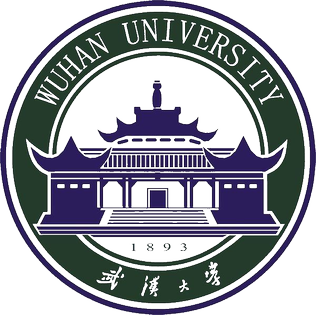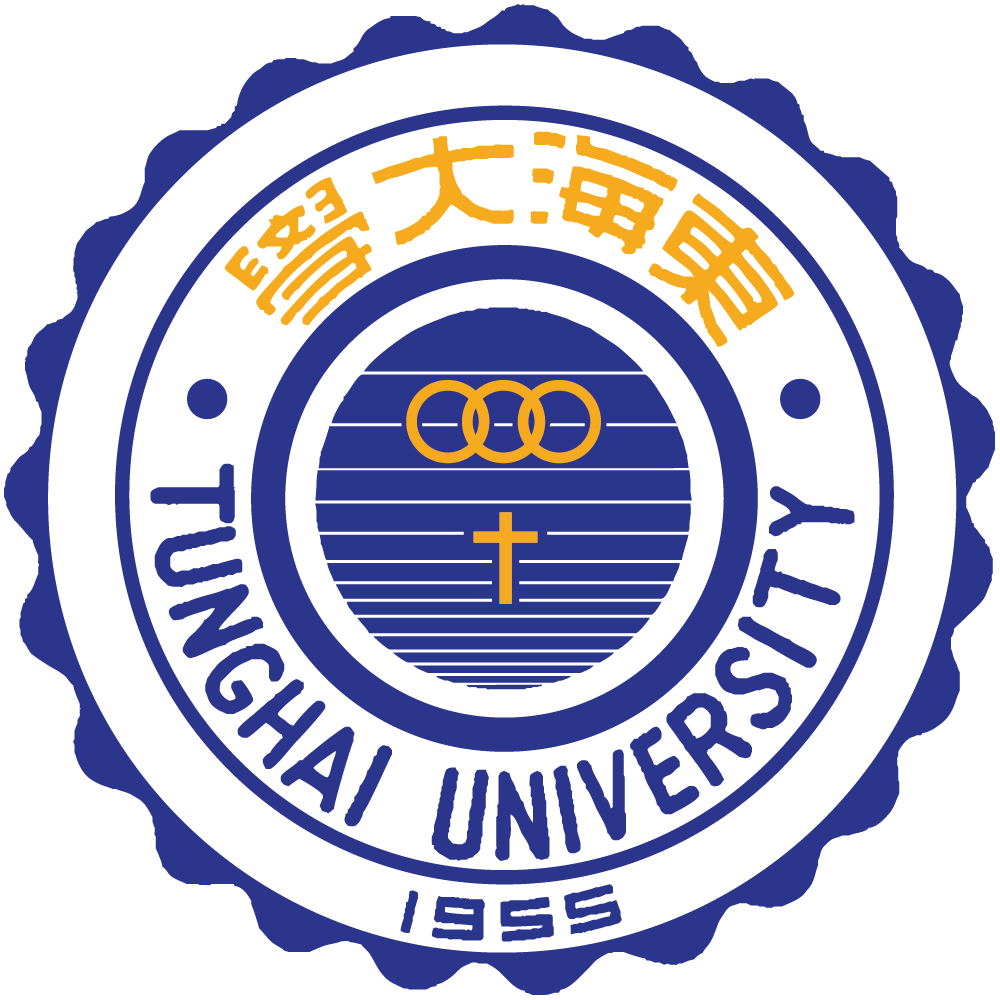Keynote Speaker
Human Factors in Developing Trustworthy IT Systems
and Applications
Stephen S. YauInformation Assurance Center
School of Computing, Informatics and Decision Systems Engineering
Arizona State University
Tempe, Arizona, USA [slides]
Abstract
Due to the rapid advances and growth in usage of smart devices, services and
cloud computing systems, and IoT in various applications, such as health care,
banking, online retailing, social networking and homeland security, users today
are accustomed to accessing various online services through various IT systems
from a wide range of intelligent devices, such as smart phones, tablets,
lap-top computers and PCs, for both business and entertainments. More than
ever the users’ confidential information is transmitted, processed and stored
in various IT devices, systems and networks. This trend raises serious concerns
on the trustworthiness of IT systems and their applications. Substantial research
has been devoted to developing security mechanisms, network protocols, and methods
to improve the trustworthiness of IT systems. Human factors, however, have not
been sufficiently studied for their ability to significantly improve development
of trustworthy IT systems and their applications.
The current state of human factors incorporated in trustworthy IT systems and applications will be discussed. Challenges and future research directions for incorporating human factors in developing trustworthy IT systems and applications will be presented.
Bio
 Stephen S. Yau
Stephen S. Yau
Stephen S. Yau is the director of Information Assurance Center and a professor
of computer science and engineering at Arizona State University (ASU), Tempe,
Arizona, USA. He served as the chair of the Department of Computer Science and
Engineering at ASU in 1994-2001. Previously, he was on the faculties of Northwestern
University, Evanston, Illinois, and University of Florida, Gainesville.
He served as the president of the Computer Society of the Institute of Electrical and Electronics Engineers (IEEE) and was on the IEEE Board of Directors, and the Board of Directors of Computing Research Association. He served as the editor-in-chief of IEEE COMPUTER. He organized a number of major conferences, including the 1989 World Computer Congress sponsored by International Federation for Information Processing (IFIP), and the Annual International Computer Software and Applications Conference (COMPSAC) sponsored by IEEE Computer Society. He has served as the honorary chair and general co-chair of the IEEE World Congress on Services and co-located conferences on Service Computing, Cloud Computing, Web Services and Mobile Services.
His current research includes service-based systems, cloud computing, ubiquitous computing, cyber security and software engineering. He received a number of awards and recognitions for his accomplishments, including the Tsutomu Kanai Award and Richard E. Merwin Award of the IEEE Computer Society, the Outstanding Contributions Award of the Chinese Computer Federation, and the Louis E. Levy Medal of the Franklin Institute. He is a Fellow of the IEEE and American Association for the Advancement of Science.
He received the M.S. and Ph.D. degrees from the University of Illinois, Urbana, and the B.S. degree from National Taiwan University, Taipei, all in electrical engineering.

 Wuhan University
Wuhan University
 Tunghai University
Tunghai University
 Hsiuping University of Science and Technology
Hsiuping University of Science and Technology
 IEEE Reliability Society
IEEE Reliability Society